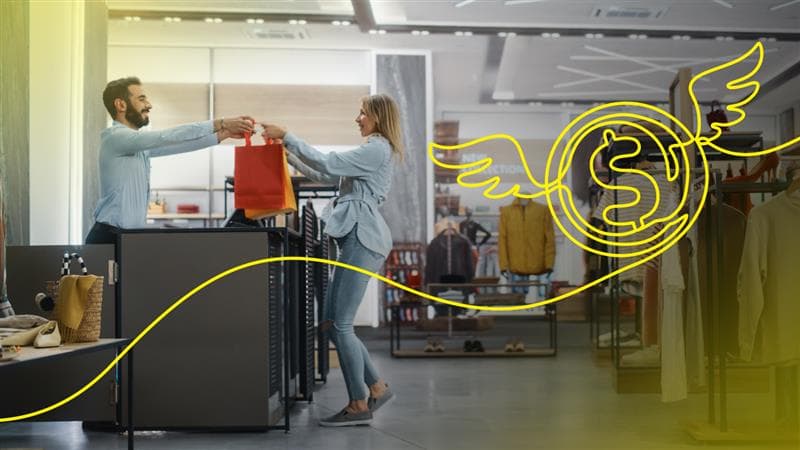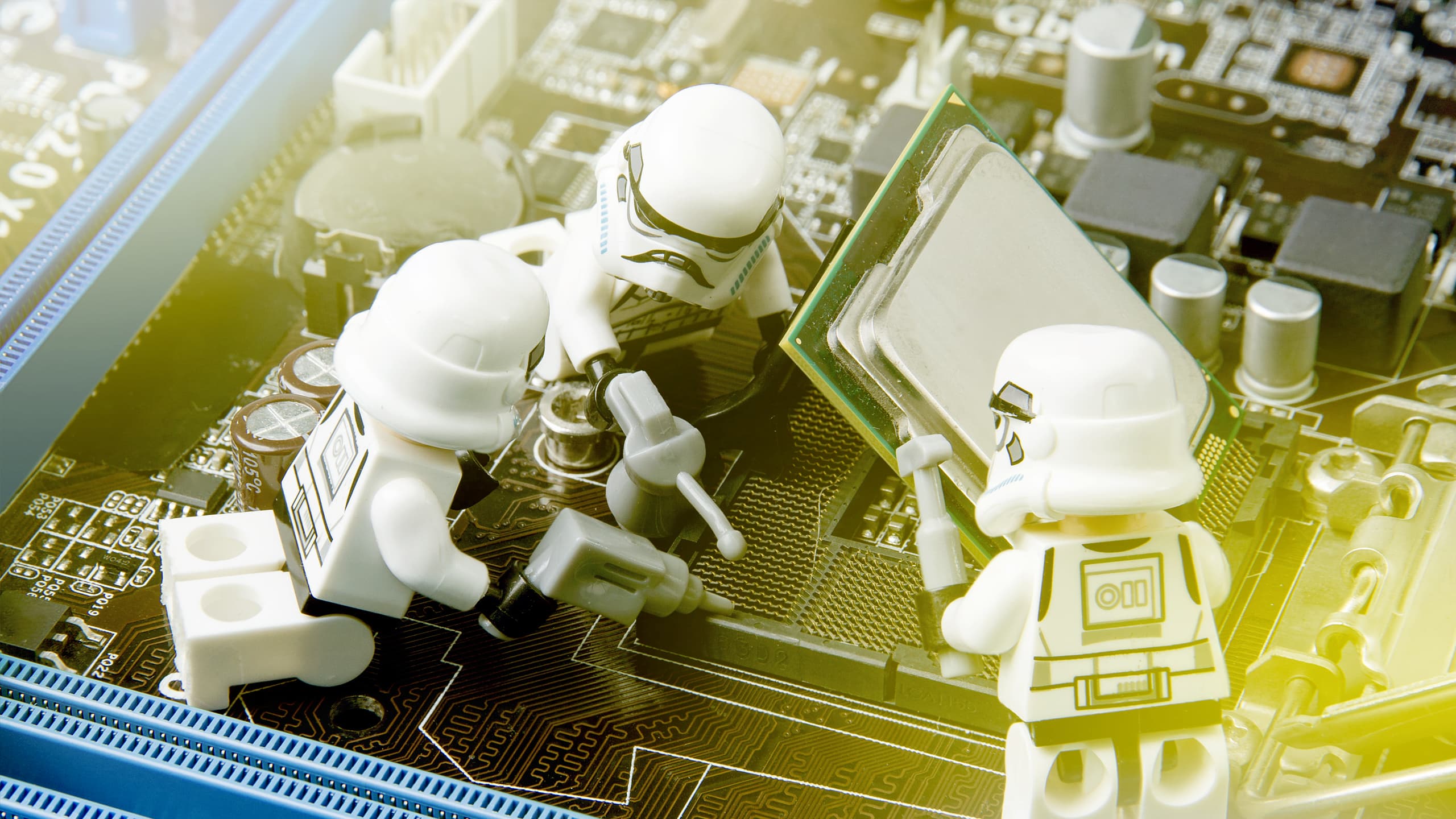
The pandemic has created so much change, including re-evaluating the way we do business.
The imperative to ‘socially distance’, has hastened the widespread adoption of ‘WFH’ and with it, a more flexible working age. Whilst our experiences over the past months have been individual, universally we’ve felt a change in our relationship with ‘time’.
In agency-land, ‘time’ is our most valuable resource, and like all rare commodities, it’s important to use it wisely.
As the media landscape continues to fragment, there are more channels, tech and market dynamics to be across than before, but the rate of change has accelerated dramatically. The impact of the pandemic has been to artificially ‘force-grow’ our behaviours; but with no magical extra time to keep up with new developments, let alone get ahead.
We often hear the refrain “I just can’t get time, I’m in back-to-back meetings!” from marketers. Thanks to Zoom, this reality of being continually in session is perpetuated, but for many it’s even more exhausting. According to research video chats mean we need to work harder to process non-verbal cues like facial expressions, the tone and pitch of the voice, and body language. Paying more attention to these consumes a lot of energy; delivering a double whammy for marketers, while compounding the ‘no time to think’ paradigm.
So, what is ‘thinking’? How do we put a value on it? And why do we need to make time for it?
If thinking is considered a process of consideration, it’s arguably a proxy for stopping and taking stock of what you’re doing – investing time. In terms of marketing, it’s time necessary to properly analyse (inside thinking), critique (outside or comparative thinking) or ideate and evolve: goals, products, pricing, positioning, placement, messaging, partnerships – the list goes on.
It’s easy to get caught in a vicious cycle of responsiveness and measuring effectiveness by outputs and reaction time. In turn, you can be delivering work that doesn’t yield much in terms of actual commercial gains, yet still be incredibly ‘busy’ and time-poor.
Clearly thinking has a lot of value (perhaps why more Australian companies than ever before are paying others to do it for them), with the Australian consulting industry growing over 8% in 2018 (to $7.7 billion), its fastest rate in seven years. This is on par with other advisory-embracing regions such as the US, Germany and Austria.
Today’s attitude towards thinking was arguably best captured in Kahneman’s “Thinking, Fast and Slow” (2011). The Nobel laureate said “thinking is to humans as swimming to cats” – in other words, if our brain can avoid having to think, it will. This is where Kahneman’s System One and System Two model comes in: our System One brain is intuitive, operates quickly, automatically and with little effort. It’s the short-cut brain that we use first and most often. The problem with this type of thinking is it’s prone to biases, will default to answering an ‘easier question’ and is poor at more complex problem solving.
Our System Two brain requires more energy, concentration and, you got it, time! However our brain is far less ‘comfortable’ with this type of thinking – coming up with ‘out of the box’ ideas or solving a nagging problem. It requires mental exertion and a genuine application of oneself, rather than defaulting to our automatic tendency to answer quickly.
By consciously building proper time to ‘think’ into your methodologies and your culture; you enable the possibility of breakthrough thinking. The sort of thinking that will help you create a sustainable competitive advantage, and prevent your business falling into a pattern of mediocre returns and a lack of clear direction. Anything truly becomes possible.
At AFFINITY, we’ve built time to think into our business: ‘library hour’ – a dedicated time each week for staff to invest in self-directed learning; new product innovation and development time for groups and individuals; even built-in handbrakes in our process to ensure we stop and reflect on what we’re doing for our clients.
Ultimately, we want to build a culture that challenges the sunk cost fallacy and fosters an ethos of building and sharing our knowledge as well as expertise.
Wherever you work, finding time for critical thinking and reflection should be your number one priority. It’s likely to be the single thing that will differentiate you from others. Plus surround yourselves with thinkers; those who prioritise their time to stay on top of progress, culture and knowledge, and make the time to think about your business outcomes and how to get there. Because investing in such thoughtful allies, may well grant you even more of this precious commodity.








